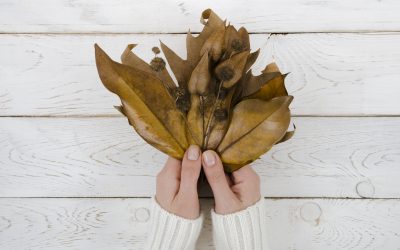
Grieving in the time of pandemic (Part 1)
Grief is part of the normal response when a loved one passes away. When someone close to us dies, it is considered important for those left behind to be able to gather and share memories about the deceased. This is part of the reason why funerals are held. Unfortunately the COVID-19 pandemic has affected the way we normally grieve – especially if the cause of death was due to COVID-19.
Hosting a funeral during the pandemic is difficult as it. Gatherings are considered high risk and as such, funerals are subjected to restrictions to curb the risk of infection. However, the death of a loved one due to COVID-19 can be even more devastating as loved ones would not be able say their farewells properly due to strict rules and guidelines imposed by health authorities on the remains management of COVID-19 victims.
The management of remains under normal circumstances is generally handled by the bereavement care provider appointed by the family of the deceased. A wake and funeral is then held typical for 3 or 5 days depending on the religious and cultural beliefs of the deceased.
In the event the cause of death is COVID-19, the management of remains is handled entirely by the authorities from the Ministry of Health (MOH). Nobody is allowed to come into contact with deceased once he or she has been moved to the mortuary. According to guidelines provided by MOH, only one or two immediate family members in full protective gear are allowed to view the remains at a safe distance. Different hospitals though may adopt different variation of this practice such as only allowing the next-of-kin to view the remains from a separate room through a window or through photographic images.
The remains are prepared by the hospital staff, before being wrapped and placed in a body bag. The body will be disinfected with sanitisers on all layers before being placed in a coffin and sealed. The coffin will then be transferred straight to the burial ground or crematorium with little to no ceremony to minimize risks. The entire process is done under the presence and supervision of an official from the MOH.
The loss of a loved one is in itself a traumatizing event but to be denied the normal processes of grieving due to COVID-19 restrictions can be even more traumatizing. There are however ways we can practice to cope with the loss of a loved one. Stay tune for Part 2 of this article.
For more information about MOH guidelines on the management of remains of COVID-19 patients please refer to this link: http://covid-19.moh.gov.my/garis-panduan/garis-panduan-kkm/Annex_20_Forensic_Guidelines_02122020.pdf
“Numinous Treasure Authorisation to Traverse the Netherworld” — A Passport to the Afterlife
The “Road Pass” is essentially a passport issued by Taoist priests for the deceased, ensuring they can navigate the journey to the afterlife without obstacles. It typically includes the deceased’s basic information, such as their name, dates of birth and death, place of origin, and their address. Originally, the “Road Pass” was meant to be used exclusively during funeral rites. For subsequent ancestral offerings, burning paper effigies and clothes trunks does not require it. However, over time, the “Road Pass” was seemingly adapted to function as a form of “seal” to ensure the offerings reach its intended recipient.
Taking a Step Back at Funerals: A Century-Old Gender Gap
…many still face parents who insist only sons should inherit family property. The hurt does not stem from the lack of inheritance but from the apparent disregard for the love and care daughters have shown. Are we still pretending that gender inequality in Chinese funeral customs is “just symbolic”?
When Life Reaches Its End
We are all beginners when it comes to the end of life, especially our own. If more people in society learn about end-of-life or hospice care, it can benefit everyone. For instance, if life reaches an irreversible stage, how would you want to spend your final moments? Would you simply wait for the inevitable, or would you make the most of the time you have left? If we accept that life is a journey towards death from the moment we are born, how would we prepare to say goodbye?



















